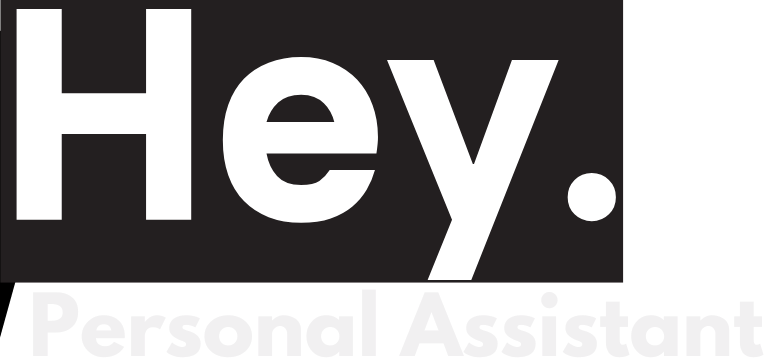What is IRA
(Individual Retirement Account)
An Individual Retirement Account (IRA) stands as a cornerstone of financial planning, offering individuals a powerful tool to secure their financial future. Discover more about IRA below. Officially, IRA is defined as Individual Retirement Agreements. It is a long-term saving account that enables you to save for future retirement on a tax-free or tax-deferred basis. IRA is especially beneficial to people who do not have access to employer-sponsored retirement plans, such as 401(k).

Three types of IRAs:
1. Traditional IRA: tax-deferred retirement saving account.
No tax on the portion of your income that you invested or on the additional value that your investment gained. When you withdraw your money from your traditional IRA account later, you will be taxed. In that way, your investment will grow in a tax-deferred way.
Eligibility:
- Any age
The annual IRA contribution limits for 2022:
- Under age 50: $6,000 or your modified adjusted gross income, whichever is lower
- Over age 50: $7,000
Distribution and withdrawals:
- Minimum distributions required start at age 72
- Penalty for withdrawals before age 59.5
Use the Traditional IRA Calculator to see how much you could save. It will take into account your current marginal tax bracket, the expected growth of your investments, and other factors. This will give you an idea of how much you could save by investing in a traditional IRA.
2. Roth IRA: tax-free retirement savings account
You invest with income that has been taxed, but no need to pay tax on additional value your investment brings.You can withdraw your contributions and earnings tax-free in retirement.
Eligibility:
- Any age
- The IRS prohibits individuals from contributing a Roth IRA if their modified adjusted gross income (MAGI) exceeds a cap set by the IRS. To know more information about Rollovers and Roth Conversions, visit IRS.
Distribution and withdrawals:
- Minimum distributions required start at age 72
- Penalty for withdrawals before age 59.5
3. SEP-IRA and SIMPLE IRA: for self-employed and business owners
If you are self-employed, SEP IRAs (Simplified Employee Pension IRA) can help you save more than a traditional IRA or a Roth IRA for yourself and your employees. SEP IRA is a good plan for businesses that have good times and down times. SEP is employer-only distribution, you must contribute the same percentage of employee compensation as you do to your own account.
SIMPLE stands for Savings Incentive Match Plan for Employees, and it’s available for employers (including the self-employed) with no more than 100 employees earning more than $5,000 in the preceding year. With a SIMPLE IRA, employees can have contributions deducted from their paycheck and deposited into their account, where they can grow tax-deferred until retirement.
Why invest in an IRA?
Whether you’re looking to save for retirement or build up your nest egg, investing in an IRA can be a smart move.
One of the biggest advantages of investing in an IRA is the tax benefits that you can receive. You can contribute to both a 401(k) and an IRA to build your retirement savings. However, more flexibility than a 401(k). With a 401(k), you are limited to investing in the options offered by your employer, while with an IRA, you can choose from a wide range of investment options. Finally, IRAs typically have lower fees than 401ks, meaning that more of your money goes towards growing your savings. For all these reasons, investing in an IRA is a smart way to prepare for your retirement.
Talk to a certified financial planner today to better understand the benefits and drawbacks of each type of IRA and find one that will fit into your overall retirement plan.
Everything is in control. Navigate life with a purpose. We have partnered with certified retirement financial advisers. Call us to start your retirement planning now at (855) 440-7015.

